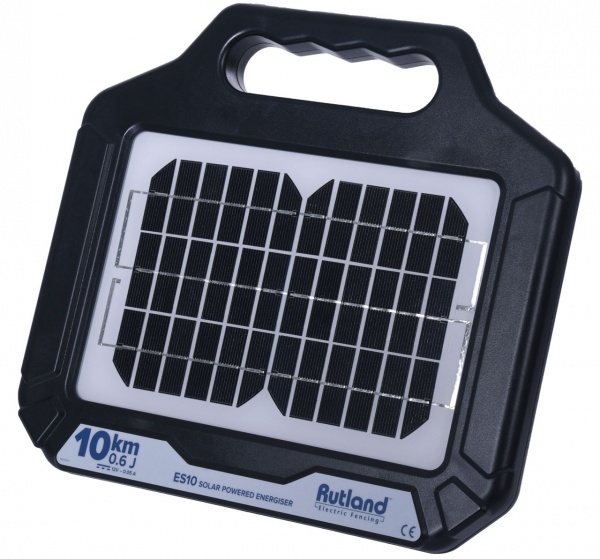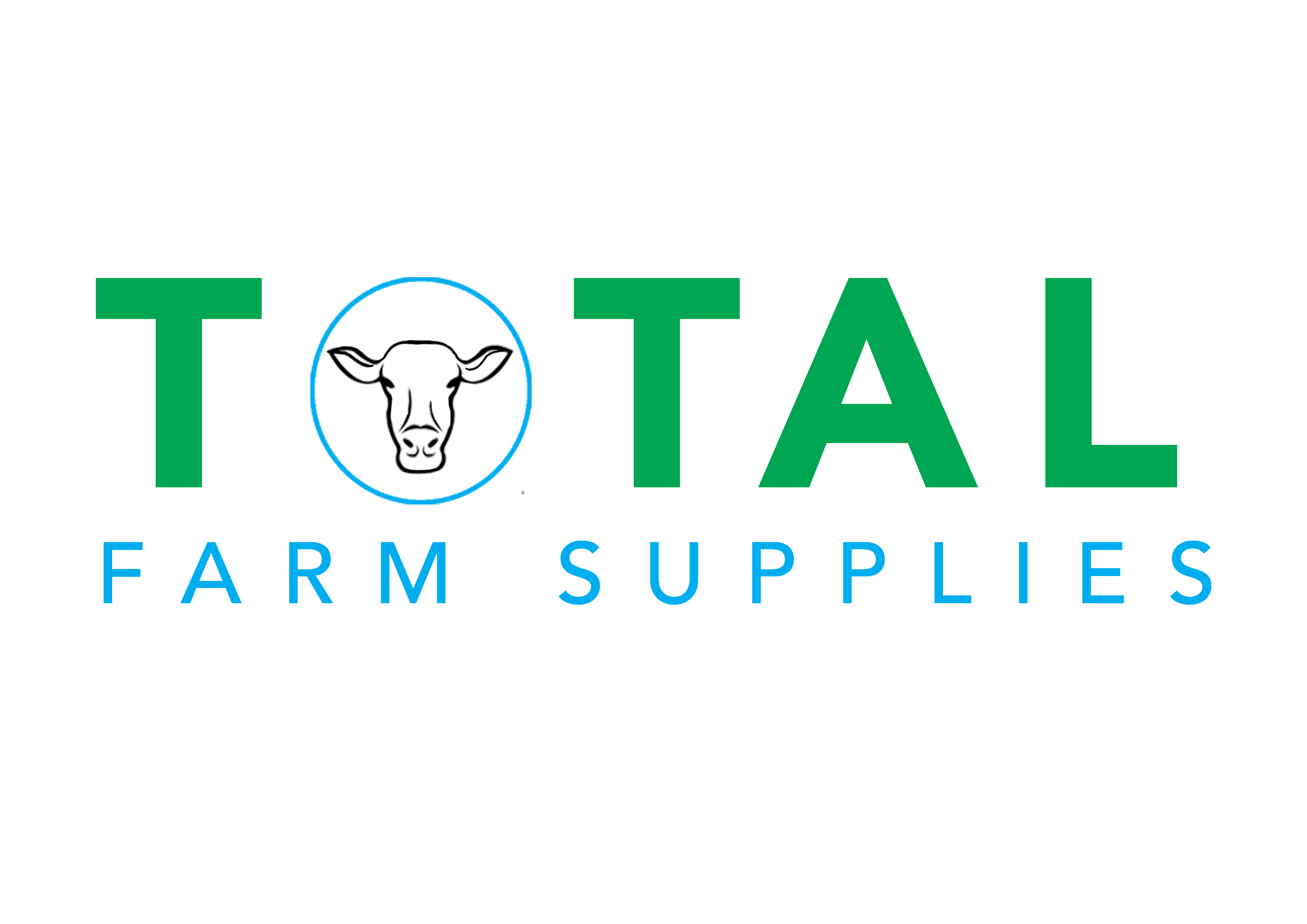Harnessing the Sun: Solar-Powered Electric Fencing Units in the UK

Harnessing the Sun: Solar-Powered Electric Fencing Units in the UK
Introduction: As the world shifts towards sustainable energy solutions, the adoption of solar power in various sectors continues to gain momentum. In the agricultural industry, solar-powered electric fencing units are revolutionizing livestock management practices. This blog post explores the benefits, considerations, and availability of solar-powered electric fencing units in the United Kingdom.
-
What is Solar-Powered Electric Fencing? Electric fencing is a reliable and effective method for securing livestock and protecting crops from unwanted intruders. Traditional electric fences are powered by mains electricity, requiring connections to the grid. However, solar-powered electric fencing units leverage sunlight as a clean and renewable energy source, eliminating the need for grid connections.
-
Benefits of Solar-Powered Electric Fencing: a) Environmentally Friendly: Solar-powered electric fencing significantly reduces carbon emissions by utilizing clean energy from the sun, contributing to a greener and more sustainable future. b) Cost-Effective: By harnessing solar power, farmers can eliminate or reduce their dependence on costly electricity bills, resulting in long-term savings. c) Easy Installation: Solar-powered electric fencing units are typically straightforward to install, as they do not require complex wiring or trenching. This makes them highly versatile and adaptable for various farming practices. d) Remote Accessibility: Solar-powered units enable farmers to set up fencing systems in remote or off-grid locations without the need for a nearby power supply. e) Reliability: Solar-powered electric fencing systems typically include battery backup, ensuring continuous operation even during cloudy days or at night.
-
Considerations for Solar-Powered Electric Fencing: a) Solar Panel Placement: It is essential to consider the optimal placement of solar panels to maximize sunlight exposure throughout the day. b) Battery Capacity: Choosing the right battery capacity ensures sufficient energy storage for nights and overcast days. c) Maintenance: Regular cleaning of solar panels and monitoring of the battery's charge level are crucial to ensure optimal performance and longevity.
-
Availability in the UK: The United Kingdom offers a range of solar-powered electric fencing options tailored to the needs of farmers and landowners. Numerous reputable suppliers provide solar-powered units designed specifically for the UK climate, ensuring reliable operation in varying weather conditions.
-
Case Studies and Success Stories: Highlighting real-world examples of successful implementation of solar-powered electric fencing in the UK can inspire and encourage more farmers to embrace this sustainable solution. Case studies can focus on increased security, improved livestock management, reduced operational costs, and enhanced sustainability.
Conclusion: Solar-powered electric fencing units are revolutionizing livestock management practices in the United Kingdom. By harnessing the power of the sun, farmers can improve security, reduce costs, and contribute to a more sustainable future. As solar technology continues to advance, the adoption of solar-powered electric fencing is expected to grow, providing a greener and more efficient alternative to traditional fencing systems.
